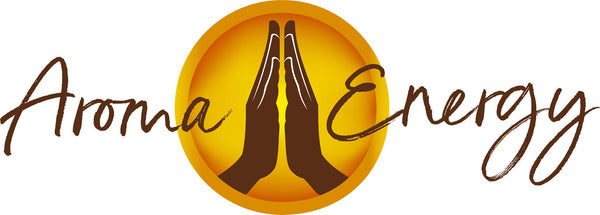
Fact File: Bergamot Essential Oil
Share
Name:
Bergamot (Citrus bergamia)
Origin:
Ivory Coast
Parts of plant used:
Fruit Peel
Extraction Process:
Cold Expression
History:
Bergamot, the mini orange come lime looking fruit above, belongs to the Rutaceae family (better known as Citrus).
How the fruit got a weird name like Bergamot is up for contestation. One well accepted theory is that Bergamot is Turkish for “the Lord’s pear” which could be a reference to its shape. Another theory states that the name was derived from the Italian city of Bergamo where it was widely cultivated and first sold.
Historically, the fruit juice of Bergamot was used by indigenous Italians to treat malaria as well as expel intestinal worms.
Bergamot Oil was also used in Italian folk medicine as an antiseptic and to reduce fevers. Later, when Bergamot Essential Oil was used as flavouring in black tea, the tea became known famously as Earl Grey Tea.
Today the fruit is grown all over the world, notably: Argentina, Brazil, Algeria, the Ivory Coast, Morocco, Tunisia, Turkey, and South-East Asia where it has its roots. Despite being a tropical plant, the Bergamot tree also grows well in parts of Europe.
How the Oil is made:
Bergamot Oil is released through the process of cold expression once the fruit peel is nearly ripe. Historically the process was done by hand (known as cold-pressing). You had to press the fruit hard enough so that the oils squeezed out from the cells inside the peels. Sounds like hard work hey?
Fortunately, today mechanical devices can carry out this process. The fruit skin is peeled and then exposed to centrifugal force, which separates the essential oils from water and fruit fragments. Clever hey?
Uses/Benefits:
Bergamot is another all rounder. Its uses and benefits are abundant, ranging from medicinal and odorous to cosmetic. Its many forms include oils, gels, lotions, soaps, shampoos, sprays, and candle making.
In Ayurvedic medicine, Bergamot Oil has been used to soothe acne, skin rashes, sores and sore throats, and bladder infections. It has also used to reduce fever, obesity, depression, eczema, gingivitis, flatulence, loss of appetite, and compulsive behaviours.
Its anti-inflammatory properties can relieve redness, itching, and swelling. Due to its antiseptic and astringent activities, Bergamot Essential Oil makes an excellent addition to cosmetics that are meant to help achieve glowing and evenly toned skin.
Blends:
Being citric, Bergamot blends well with many oils helping to lift certain notes. Some of our favourites include Vetiver, Orange, Rosemary, Ylang Ylang and for those who like experimenting, Frankincense is also a winner. As mentioned above, blending works great to make aromatherapy oils, sprays, lotions, candles and so on...
Safety:
Always take care when using undiluted Pure Essential Oil, it is strong stuff! Please keep the following in mind when using...
Possible skin sensitivity (Always dilute before using on skin). Keep out of reach of children. If you are pregnant, nursing, or under a doctor’s care, consult your physician. Avoid contact with eyes, inner ears, and sensitive areas. Do not use internally. Also, do not over expose Bergamot to sunlight.


